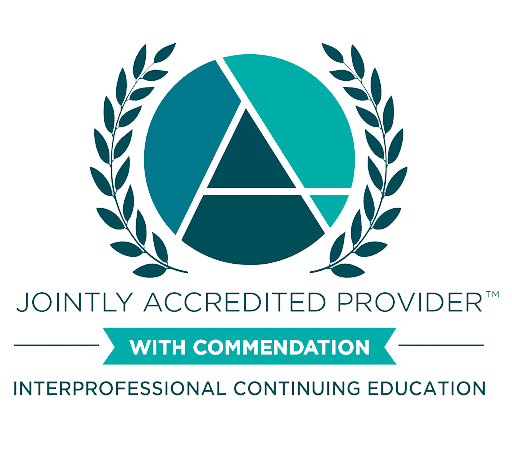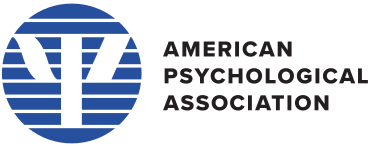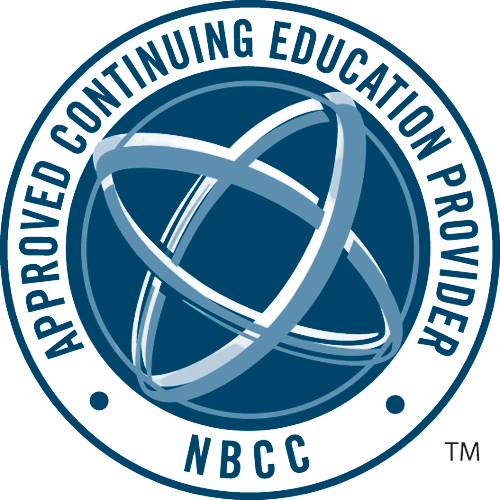A Resource for Healthcare and Social Services Professionals
September 19, 2024
2:00 pm–3:00 pm ET
This training will focus on identifying types of self-help and community-based recovery support groups. We will explore the known efficacy behind many of the models while also recognizing the unique principles they follow as they build recovery support. Additionally, individuals who facilitate and/or have accessed recovery support groups themselves will speak about their experience, with the goal of helping attendees understand these resources and improve care teams’ knowledge of recovery support groups to better link individuals in recovery to appropriate sober social support networks.
Via Zoom
This training will focus on identifying types of self-help and community-based recovery support groups. We will explore the known efficacy behind many of the models while also recognizing the unique principles they follow as they build recovery support. Additionally, individuals who facilitate and/or have accessed recovery support groups themselves will speak about their experience, with the goal of helping attendees understand these resources and improve care teams’ knowledge of recovery support groups to better link individuals in recovery to appropriate sober social support networks.
Clinical staff, non-clinicians, and members of the community.
Al is in recovery with several years of experience in the addiction field. Al is a member of the Alcoholics Anonymous fellowship, with in-depth knowledge of the 12-step program and its ability to help people suffering from Alcohol Use Disorder. Currently, he serves as the Manager for Recovery Services at the Holyoke Health Center, where he not only works directly with individuals facing Substance Use Disorder but also uses his expertise to educate and coach staff, including Medical Doctors, Nurses, and Therapists. Al's qualifications include completing the CCAR Recovery Coach Academy training and Ethical Considerations for Recovery Coaches. In addition, Al is trained in Motivational Interviewing, Addictions 101, Mental Health, Exploring Cultural Competency, and Understanding Structural Barriers to Engagement. He has also completed the Leadership Development Program, sponsored by AdCare, Addiction Technology Transfer Center, and Prevention Technology Transfer Center Network. In his role as Tobacco Education Coordinator, Al specializes in Integrating Tobacco Education and Substance Use Treatment: Skills for Clinicians. Ultimately, Al's mission is to empower individuals in their recovery journey while leveraging his own experience and training to educate staff members, fostering a supportive and knowledgeable environment for those facing Nicotine Use Disorder.
Matt Robert, MSSince 2012, Matthew Robert has been a Self-Management and Recovery Training (SMART) meeting facilitator. He has worked in open meeting settings, BSAS recovery centers, and run meetings in psychiatric units and addiction treatment facilities in Boston area hospitals. Matt has a B.A. in Linguistics and a M.S. in Communication Disorders.
Boston Medical Center Grayken Center for Addiction TTA, Massachusetts Department of Public Health, Bureau of Substance Addiction Services (DPH/BSAS)
Funding for out of state attendees is provided by the Opioid Response Network (ORN).
Funding for this initiative was made possible (in part) by grant no. 1H79TI085588-02 from SAMHSA. The views expressed in written conference materials or publications and by speakers and moderators do not necessarily reflect the official policies of the Department of Health and Human Services; nor does mention of trade names, commercial practices, or organizations imply endorsement by the U.S. Government.
REQUIREMENTS for credit
Please note this policy is strictly enforced for accreditation purposes. Participants will forfeit collection of credit and certificates of completion if more than 10 minutes of the training is missed.
Joint Accreditation Statement for CME, Nursing and Social Work
 In support of improving patient care, Boston University Chobanian & Avedisian School of Medicine is jointly accredited by the Accreditation Council for Continuing Medical Education (ACCME), the Accreditation Council for Pharmacy Education (ACPE), and the American Nurses Credentialing Center (ANCC), to provide continuing education for the healthcare team.
In support of improving patient care, Boston University Chobanian & Avedisian School of Medicine is jointly accredited by the Accreditation Council for Continuing Medical Education (ACCME), the Accreditation Council for Pharmacy Education (ACPE), and the American Nurses Credentialing Center (ANCC), to provide continuing education for the healthcare team.
CME
Boston University Chobanian & Avedisian School of Medicine designates this live activity for a maximum of 1.00 AMA PRA Category 1 Credit(s)™. Physicians should claim only the credit commensurate with the extent of their participation in the activity.
Nursing
Nursing Contact Hours: 1.00 number of contact hours of which 0.00 are eligible for pharmacology credit.
Social Work
As a Jointly Accredited Organization, Boston University Chobanian & Avedisian School of Medicine is approved to offer social work continuing education by the Association of Social Work Boards (ASWB) Approved Continuing Education (ACE) program. Organizations, not individual courses, are approved under this program. Regulatory boards are the final authority on courses accepted for continuing education credit. Social workers completing this course receive 1.00 general continuing education credits.
American Psychological Association (APA) CE Designation Statement
 Continuing Education (CE) credits for psychologists are provided through the co-sponsorship of the American Psychological Association (APA) Office of Continuing Education in Psychology (CEP). The APA CEP Office maintains responsibility for the content of the programs.
Continuing Education (CE) credits for psychologists are provided through the co-sponsorship of the American Psychological Association (APA) Office of Continuing Education in Psychology (CEP). The APA CEP Office maintains responsibility for the content of the programs.
New York State Psychology Credit
Boston University Chobanian & Avedisian School of Medicine Barry M. Manuel Center for Continuing Education is recognized by the New York State Education Department’s State Board for Psychology as an approved provider of continuing education for licensed psychologists #PSY-0181 Note: NYS psychologists must attend all sessions for credit. Partial credit is not allowed.
The Department’s approval of a provider of continuing education does not constitute the Department’s endorsement of the content, positions or practices that may be addressed in any specific continuing education course offered by the approved provider.
LMHC
 BMC Grayken Center of Addiction TTA has been approved by NBCC as an Approved Continuing Education Provider, ACEP No. 7188. Programs that do not qualify for NBCC credit are clearly identified. BMC Grayken Center of Addiction TTA is solely responsible for all aspects of the programs. For this program, 1.00 contact hours will be offered to participants who attend the training and complete the evaluation.
BMC Grayken Center of Addiction TTA has been approved by NBCC as an Approved Continuing Education Provider, ACEP No. 7188. Programs that do not qualify for NBCC credit are clearly identified. BMC Grayken Center of Addiction TTA is solely responsible for all aspects of the programs. For this program, 1.00 contact hours will be offered to participants who attend the training and complete the evaluation.
LADC/CADC & Recovery Coach
Boston Medical Center Grayken Center for Addiction Training and Technical Assistance is approved by the Massachusetts Department of Public Health, Bureau of Substance Addiction Services (DPH/BSAS) to award LADC/CADC and Recovery Coaches who complete this trainings 1.00 continuing education credits.
Community Health Worker
Boston Medical Center Grayken Center for Addiction Training and Technical Assistance is approved by the Massachusetts Department of Public Health, Board of Community Health Workers to award community health workers who complete this training 1.00 continuing education credits.
Disclaimer
Continuing education (CE) requirements vary by license and jurisdiction. When requesting continuing education credits, please ensure you are following the rules and regulations determined by the board regulating your license. Boston Medical Center Grayken Center for Addiction TTA does not oversee adherence to licensing requirements and regulations.
THIS CONTINUING EDUCATION PROGRAM IS INTENDED SOLELY FOR EDUCATIONAL PURPOSES FOR QUALIFIED HEALTHCARE PROFESSIONALS. IN NO EVENT SHALL BOSTON UNIVERSITY BE LIABLE FOR ANY DECISION MADE OR ACTION TAKEN IN RELIANCE ON THE INFORMATION CONTAINED IN THE PROGRAM. IN NO EVENT SHOULD THE INFORMATION CONTAINED IN THE PROGRAM BE USED AS A SUBSTITUTE FOR PROFESSIONAL CARE. NO PHYSICIAN-PATIENT RELATIONSHIP IS BEING ESTABLISHED. IN NO EVENT SHOULD INFORMATION IN THE MATERIALS REGARDING LAWS, REGULATIONS, OR LEGAL LIABILITY BE CONSIDERED LEGAL ADVICE OR USED AS A SUBSTITUTE FOR CONSULTING WITH AN ATTORNEY.